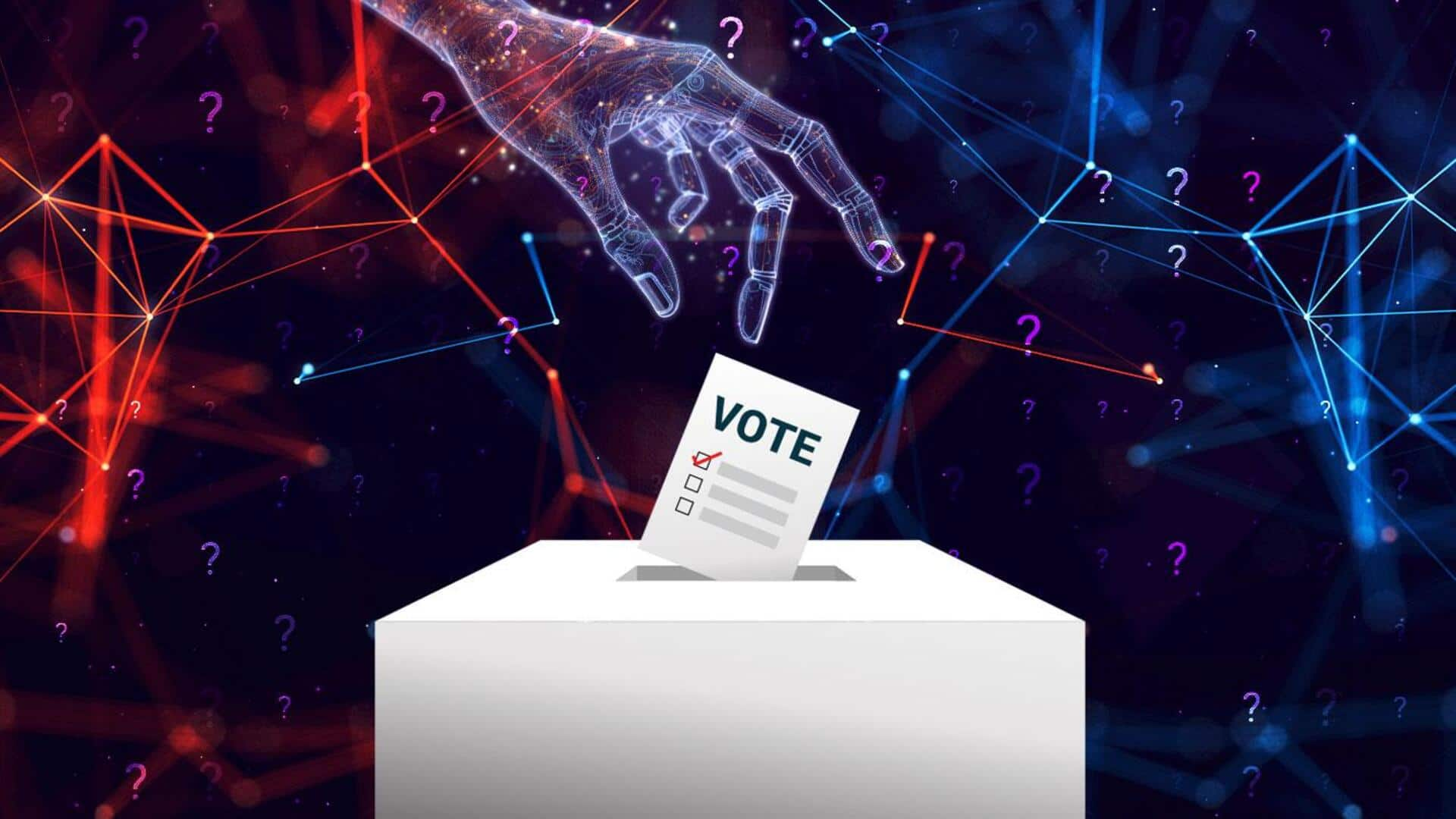
Google, Meta, OpenAI, others unite to combat AI election interference
What's the story
The swift expansion of generative artificial intelligence (AI) has raised concerns that emerging technology might influence global elections this year. A group of 20 major tech companies, including Google, Meta, OpenAI, Adobe, and Microsoft, have teamed up and signed an accord to combat deceptive AI content. Revealed at the Munich Security Conference, this collaboration aims to tackle concerns about generative AI swaying important elections, especially since over half the world's population is set to vote this year.
Actions
Accord's commitments and signatories
The tech giants have agreed to create tools for detecting fake AI-generated images, videos, and audio; launch public awareness campaigns to inform voters about misleading content; and take action against such content on their platforms. Social media companies like Meta Platforms, TikTok, and X (previously Twitter) are also part of this agreement. However, there's no specific timeline or details on how each company will fulfill these commitments.
Scenario
Importance of interoperability and collaboration
Generative AI is already being employed in shaping political narratives and dissuading voter participation. Meta's president of global affairs, Nick Clegg, stressed the need for a united, interoperable approach among the participants. He stated, "It's all good and well if individual platforms develop new policies of detection, provenance, labeling, watermarking and so on, but unless there is a wider commitment to do so in a shared interoperable way, we're going to be stuck with a hodgepodge of different commitments."
Insights
Focus on audiovisual AI-generated content
The primary focus of these tech companies is to prevent the harmful effects of AI-generated photos, videos, and audio. Adobe's chief trust officer, Dana Rao, pointed out that people are usually more skeptical about text and have a stronger emotional connection to audiovisual content. He added, "Your brain is wired to believe that kind of media," emphasizing the significance of addressing AI-generated audiovisual content in election interference.